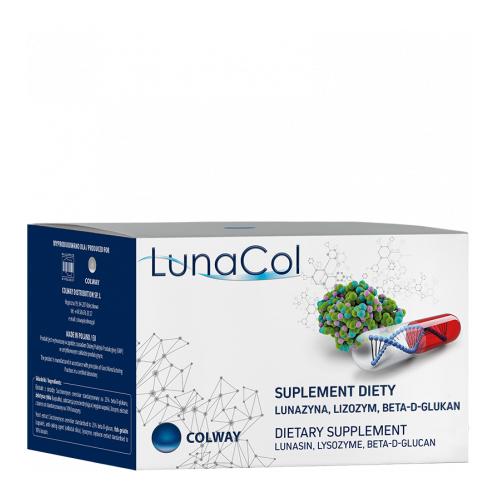When we search the internet for "vitamins make you fat", the first answers usually say "no". But if we look for "vitamins to gain weight", a series of articles appear that recommend certain vitamins to gain weight. What's going on? Do vitamins make you fat or not? Can we take vitamins and maintain our weight? What happens if we want to gain weight, do vitamins work or not?
the common answer
The common answer to the question "do vitamins make you fat?" is not. Vitamins are necessary products for the body but are not a source of energy. They are part of the metabolism of fats, proteins and carbohydrates, but they are not products that provide calories by themselves. Gaining weight or not gaining weight will depend on the nutrients we ingest and not on the supplements with a small extra contribution of vitamins that we can take.
The complexity of the question
However, the answer to this question is not as simple as it seems. Although vitamins do not provide calories, they can influence our metabolism and, therefore, our weight.
Do vitamins provide energy?
Vitamins do not provide energy by themselves. They are not a source of calories. However, they are essential for the metabolism of nutrients that do provide energy, such as fats, proteins, and carbohydrates.
Can vitamins influence weight?
Although vitamins do not provide calories, they can influence our weight in other ways. For example, some vitamins are involved in the synthesis of body fat.
The role of group B vitamins
Group B vitamins are involved in the synthesis of body fat as cofactors, that is, as products that help a chemical reaction to take place. This means that they can facilitate the formation of fat in the body.
The role of vitamin A
Vitamin A is involved in fat synthesis through genetic regulation. That is, it can turn genes involved in the synthesis of body fat on and off.
Studies on vitamins and weight
There are several studies that have investigated the relationship between vitamins and weight.
animal studies
In animal studies, it has been observed that excess B vitamins can facilitate the synthesis of body fat. In addition, excess vitamin A seems to favor the formation of adipose tissue.
human studies
In human studies, it has been observed that foods fortified with B vitamins and niacin (vitamin B3) can cause a higher insulin spike than unfortified foods. This insulin spike can lead to increased appetite, and if this cycle continues over time, it can lead to obesity.
Vitamin supplements and weight
The use of vitamin supplements can have an impact on our weight, depending on how and when we use them.
Long-term use of vitamin supplements
Long-term use of vitamin supplements, especially if consumed in amounts greater than recommended, can have an impact on our weight. This is because they can alter our metabolism and facilitate the synthesis of body fat.
Short-term use of vitamin supplements
On the other hand, the short-term use of vitamin supplements, especially if they are consumed in the recommended amounts, should not have a significant impact on our weight. The idea is to get nutrients from a balanced diet, and vitamin supplements should be used as a supplement to, not a substitute for, a healthy diet.
Conclusion
The importance of the dose
As the great Paracelsus said in the 16th siglo, "todo es cuestión de dosis". It is not expected that a multivitamin or a vitamin B supplement in the recommended doses will make you gain weight.
The importance of balanced nutrition
If you are concerned about controlling your weight and improving your nutrition, the most important thing is to follow a balanced diet and talk to a health professional about the advisability of using vitamin supplements.
Frequent questions
-
Do vitamins provide calories? No, vitamins do not provide calories. They are essential for the metabolism of nutrients that do provide energy, such as fats, proteins, and carbohydrates.
-
Can vitamins make me fat? Vitamins by themselves will not make you fat, but they can influence your metabolism and therefore your weight. However, this depends on many factors, including the dose and duration of vitamin supplementation.
-
Should I avoid vitamins if I want to lose weight? Not necessarily. Vitamins are essential for general health and well-being. If you are concerned about your weight, it is best to speak with a health professional about your dietary and nutritional needs.
-
Can I take vitamin supplements to gain weight? Some people may find that certain vitamin supplements can help them gain weight, but this should be done under the supervision of a healthcare professional. Not all supplements are right for everyone, and some may have side effects.
-
How do I know if I need to take vitamin supplements? If you are concerned about your vitamin intake, it is best to speak to a health professional. They can help you evaluate your diet and determine if you need vitamin supplements.









































































































































